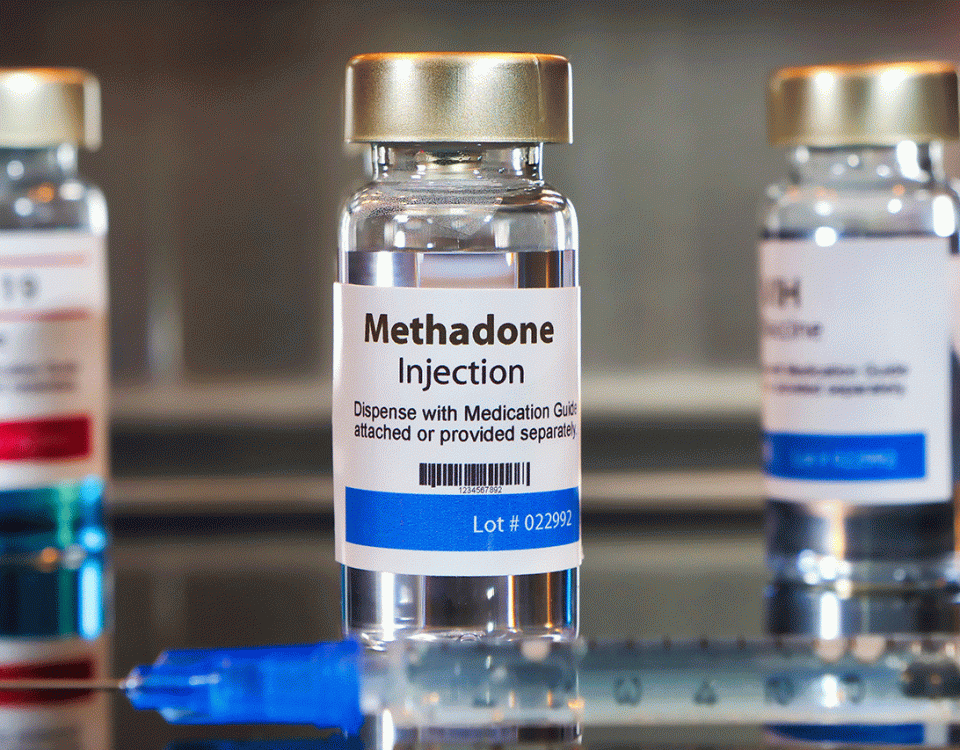There are various kinds of drug paraphernalia out there designed to make drug use easy, efficient, and powerful. The way drugs are administered – whether through smoking, injecting, or sniffing – can impact how strongly they affect the body. The same goes for cocaine, which is commonly administered through snorting or sniffing. Users often spread small amounts of the drug on the table, tighten them into lines, and snort them. To make drug use more convenient, however, a user may also try a coke bullet.
What Is a Snuff Bullet?
Otherwise referred to as a cocaine bullet or snuffer bullet, it is a bullet-shaped container that’s designed to hold a substance that may be sniffed or snorted through the nose. These bullets may come in all shapes and sizes and may be made of metal, plastic, glass, and carbon fiber.
Most bullets unscrew from the bottom and contain a chamber that may be filled with substances like cocaine. Almost all coke bullets use a rotating dial to collect some of the drugs and prepare them to be snorted. The dial is a rotating chamber that can also be turned to move the “snuff” from the inside into the nose.
Although commonly used for tobacco, snuff bullets may also be used by cocaine users to make their drug use more convenient and discrete. They even come as a coke bullet necklace. However, no matter how it’s used, cocaine is a highly addictive and dangerous substance that can lead not only to addiction but also to various health complications. Snuff bullets are one of the various drug paraphernalia that could indicate drug use in a loved one, so be on the lookout if you suspect someone of cocaine abuse.
What Happens When You Snort Cocaine?
Because coke bullet sniffing administers the drug through the nose, the user may experience various physical effects in the nose and other areas of the face, especially after long-term use. Cocaine can deteriorate the inside of the nose and eventually lead to various issues.
Common effects of snorting cocaine include:
- High body temperature
- Increased heart rate
- High blood pressure
- Aggression
- Irritability
- Agitation
- Panic
- Anxiety
- Paranoia
- Tremors
- Muscle twitching
- Stomach pain
- Cardiac arrest
- Chest pain
- Seizures
- Stroke
- Coma
- A diminished sense of smell
- Runny nose
- Stuffy nose
- Frequent nose bleeds
- Difficulty swallowing
- Chronic sinus infections
- Nasal crusting
- Nasal septum perforation (holes in the nasal septum)
In addition to these short and long-term side effects, snorting cocaine – even once – can increase the risk of overdose. When a drug is snorted, it enters the brain and bloodstream at a much quicker rate, which can overwhelm the central nervous system and cause an overdose. Cocaine overdose can potentially be fatal.
Cocaine is also highly addictive. As a central nervous system stimulant, cocaine targets the brain and body, specifically by stimulating the release of the feel-good chemical dopamine. The drug also blocks the reuptake of this chemical in the brain, causing extreme euphoria or a “high.”
This sensation can quickly become addicting and chronic abuse can easily lead to physical and psychological dependence. When this happens, quitting cocaine can be extremely difficult without professional support.
Fortunately, our nationwide addiction treatment centers offer medically supervised detox and cocaine addiction treatment to help people with cocaine use disorders safely recover. Our individualized and comprehensive treatment plans address both the physical and psychological impact of drug use to ensure clients are set up for success.
For more information about our Banyan Treatment Center locations and addiction services, call us today at 888-280-4763.
Related Reading:




















